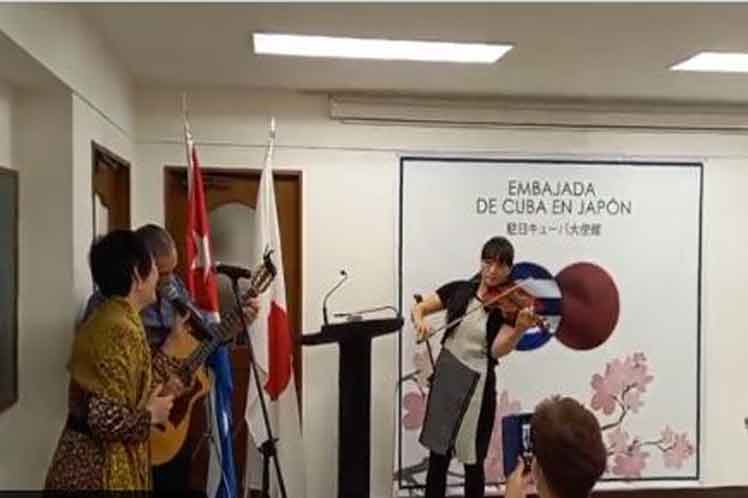The text, authored by Japanese writer Kaido Takeru, was presented at the Embassy, where its top representative, Miguel Ramirez, stressed that ‘through more than four centuries of friendship between Cuba and Japan, culture has served as a transoceanic bridge to connect’ both peoples.
Ramirez added that Fidel considered culture as the nation’s shield and sword, and that he not only made Martí’s words his own when he said that ‘trenches of ideas are worth more than trenches of stone’, but added: ‘without culture there is no possible freedom’.
The author shared with the audience his experiences on the island during the research process to write the book, which in novel-like format presents the life of the revolutionary leader until his release from prison in 1955.
In this regard, he commented that he has the commitment and motivation to publish another work that tells the stories of the revolutionary struggle led by the historic leader of the Cuban Revolution until the triumph of 1959.
The public could also enjoy a sample of the Cuban musical repertoire, with the performance of violinist Sayaka, singer Yagi Nobuyo and Cuban singer-songwriter Carlos Céspedes, the source added.
pgh/etc/mem/lp









